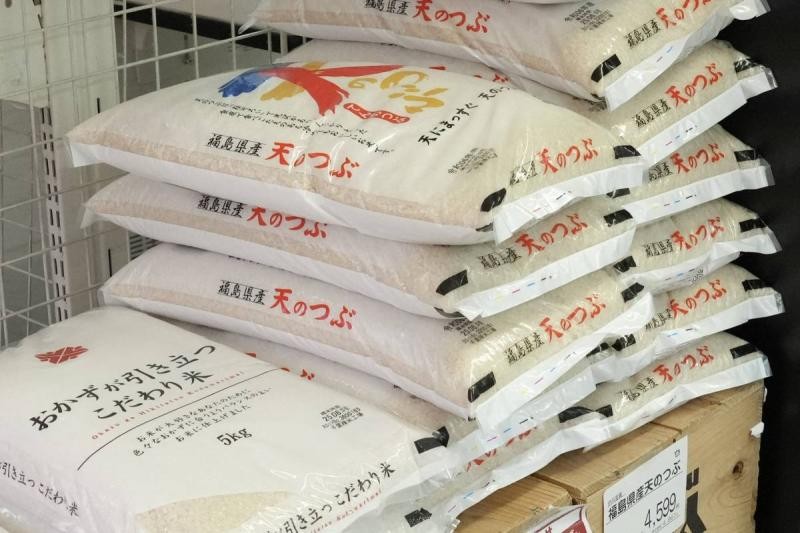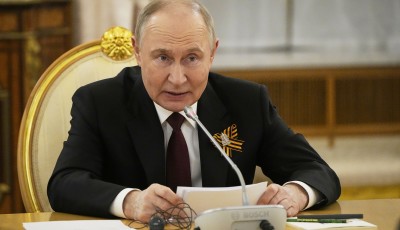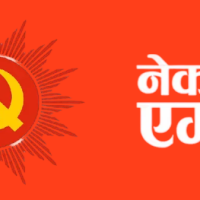Rice Prices Double in Japan as Inflation Surges, Fueling Political Pressure on PM Ishiba

Rice prices in Japan have doubled over the past year, according to government data released Friday, as accelerating inflation continues to exert pressure on Prime Minister Shigeru Ishiba ahead of a critical upper house election next month.
The price of rice surged by 101 percent year-on-year in May, following sharp increases of 98.4 percent in April and 92.5 percent in March. The sustained spike has emerged as a flashpoint for public frustration over the rising cost of living.
This surge contributed to a jump in Japan’s core inflation rate which excludes volatile fresh food prices to 3.7 percent in May, the highest level since January 2023 and above April’s figure of 3.5 percent.
Polls show support for Ishiba’s administration has dropped to its lowest since he took office in October, with rising household expenses playing a major role in public dissatisfaction.
Government Interventions and Economic Strain
In a rare move, the government began releasing rice from its emergency reserves in February, a step typically reserved for times of natural disasters to ease shortages. But food is not the only source of inflationary pressure: electricity prices climbed 11.3 percent year-on-year in May, while gas prices rose 5.4 percent.
Even when excluding both energy and fresh food, consumer prices were up 3.3 percent compared to April’s 3.0 percent, underscoring the broad impact of inflation across sectors.
"Since I'm a temp worker, my salary has been stagnant for years," said 52-year-old Tokyo resident Chika Ohara. “But prices keep rising, and I’m definitely feeling the strain.”
In response, the government has announced cash handouts of 20,000 yen (approximately $139) per citizen, with children set to receive twice that amount, in a bid to soften the blow of rising costs ahead of the election.
The Liberal Democratic Party (LDP), led by Ishiba, suffered a major blow in October when it lost its majority in the powerful lower house in its worst electoral performance in 15 years. The upcoming upper house vote is now seen as a key test for the embattled leader.
The Bank of Japan, which began tightening monetary policy last year, is proceeding cautiously amid external risks, including the threat of U.S. tariffs and rising global energy prices driven by the conflict between Iran and Israel.
This week, the central bank kept interest rates unchanged and announced it would slow the pace of its government bond purchases.
"Policy uncertainty and the slow pass-through of producer costs to consumers mean inflation is likely to ease only gradually," said Stefan Angrick, senior economist at Moody’s Analytics. “This will delay any significant rise in real wages and, by extension, consumer spending.”
Experts cite multiple causes behind the rice shortage, including damage from an unusually hot and dry summer two years ago, speculative stockpiling by traders, and a wave of panic buying sparked by a government warning about a possible "megaquake" that never materialized.
With inflationary pressures mounting across essential sectors, analysts warn that Japan’s fragile economic recovery could be at risk and so could Ishiba’s political future.













तपाईको प्रतिक्रिया दिनुहोस